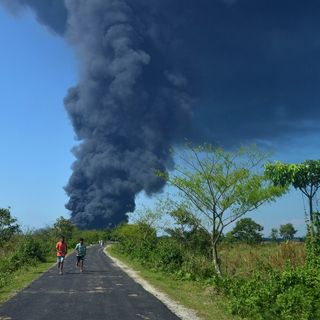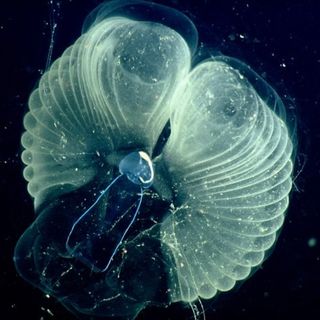In an effort to increase legal protections for the endangered pangolin, China has removed the mammal’s parts from its official list of traditional medicines. The pangolin’s scales are rumored to treat lactation issues, arthritis, cerebral palsy, resolve skin infections, and more, though no medical research confirms these applications.
According to a report by the Chinese state-run Health Times, pangolins were removed from the list of traditional medicines due to ‘depleted resources.’ Apart from this, China’s forest authority also gave pangolins a higher level of protection, under the country’s wildlife protection law. They now rank Class 1, alongside pandas, and this rank prevents all domestic trade and use of these animals.
Four species of pangolins in Asia and four in Africa are at the brink of extinction. In Asia, the major cause of this is the demand for ‘luxury’ pangolin meat and its medicinal scales. Pangolins were also in the news recently, because they were rumored to have hosted the novel coronavirus which later caused the Covid19 pandemic, but there is no solid scientific proof linking both.
Related on The Swaddle:
Sixth Mass Extinction Of Wildlife Looms, Warn Scientists
“This is the single greatest measure that could be taken to save the pangolins,” says Peter Knights, the C.E.O of the environmental nonprofit WildAid, told National Geographic. “This sends a clear message that there are alternatives in traditional Chinese medicine and so you don’t need to use pangolins.”
The Chinese government has officially not given any statements that announce the protection of pangolins. However, according to Paul Thomson, who co-founded the Save Pangolins group, “China will often intentionally let an announcement like this come out through the press rather than a formal announcement.”
Katheryn Wise, U.K. campaign manager at World Animal Protection, told the BBC that protections must be extended for all wild animals, “…who, like pangolins, are poached from the wild and often placed in squalid, cramped cages, creating a lethal hotbed of disease.”




